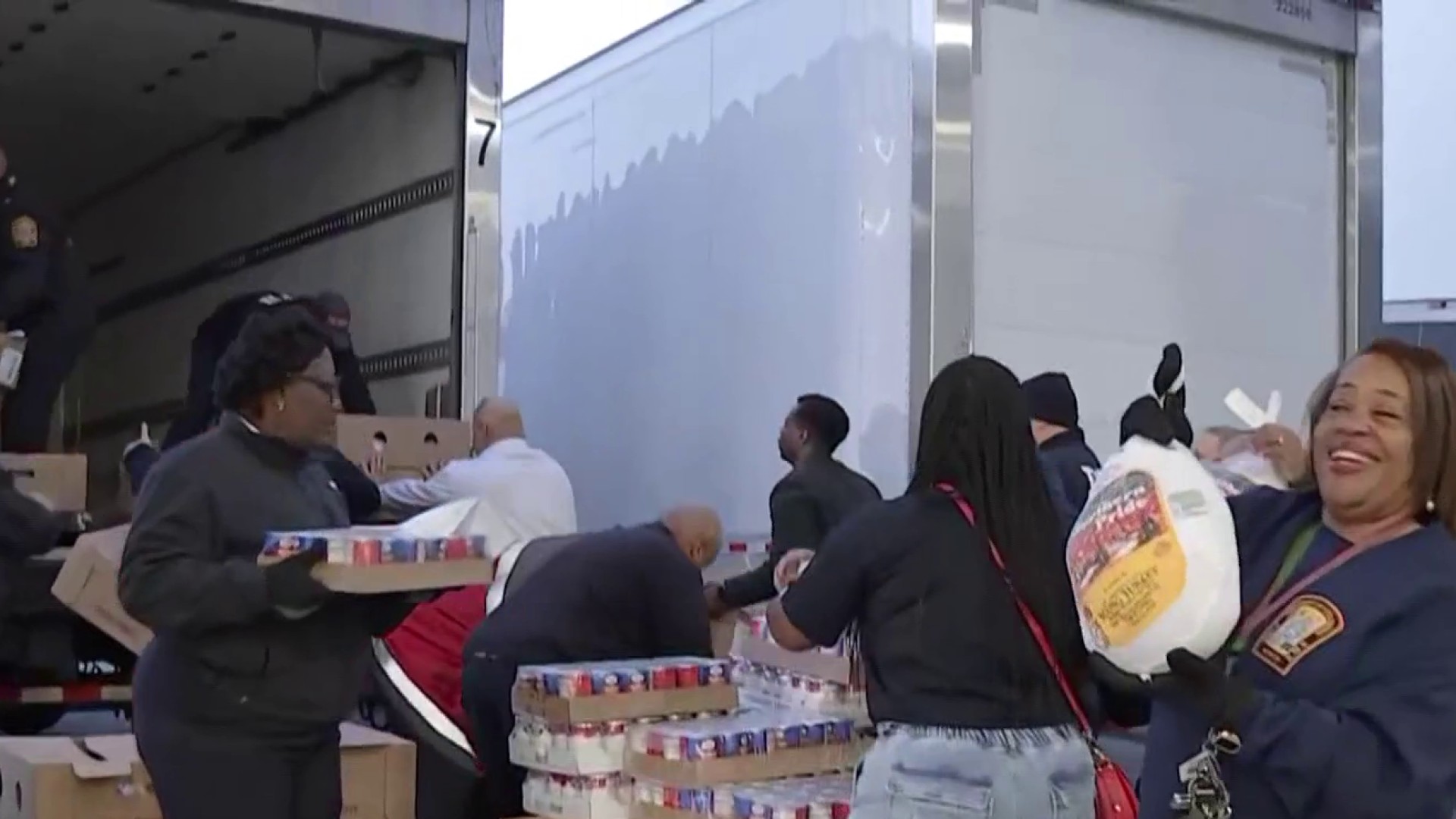Police recruits in Fairfax County, Virginia, received valuable training for communicating with people who are deaf or have partial hearing loss.
Gallaudet University Police Department Chief Ted Baran taught a class at the Fairfax County Criminal Justice Academy Tuesday.
“When they come across a police officer, their first thing is fear because they can't communicate with you,” said Baran, who was raised by deaf parents.
He presented examples of what can go wrong. In August, police shot and killed a deaf man in Charlotte, North Carolina, when he wouldn't pull over. Three weeks ago a Canadian officer confronted a deaf man who repeatedly gestured to explain he can't hear. He asked for pen and paper but instead was taken to the ground and handcuffed.
“To me, this is a sad situation where the officer didn't take the time or the effort to try to communicate with the guy,” Baran said.
One of his most important tips: Recognize the common signal a deaf person might provide.
Once that's established, officers can figure out the best way to communicate. Pen and paper is one solution. Using cellphones to text back and forth is another.
Local
Washington, D.C., Maryland and Virginia local news, events and information
The specialized training isart of Fairfax County's renewed effort to improve communication and avoid escalation.
“I made a note I'm going to start carrying around a sharpie, maybe a little white board,” police recruit Joey Moratto said.
Others credited the class for opening their eyes to those who can't hear.
“I never really thought about having to interact with anyone who was unable to communicate verbally with me,” recruit Ken Holden said. “Those are all great tips I'm going to be able to use.”



